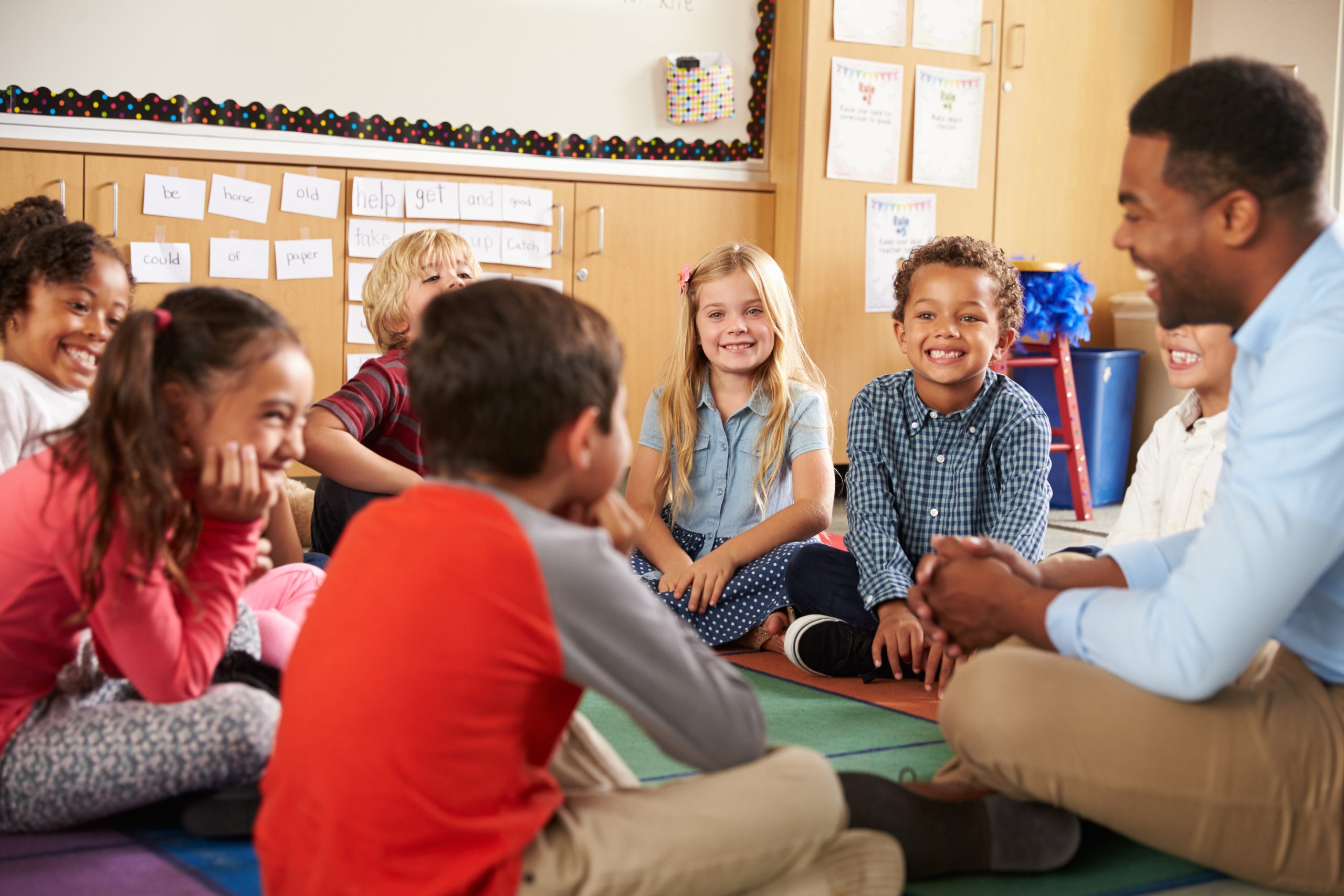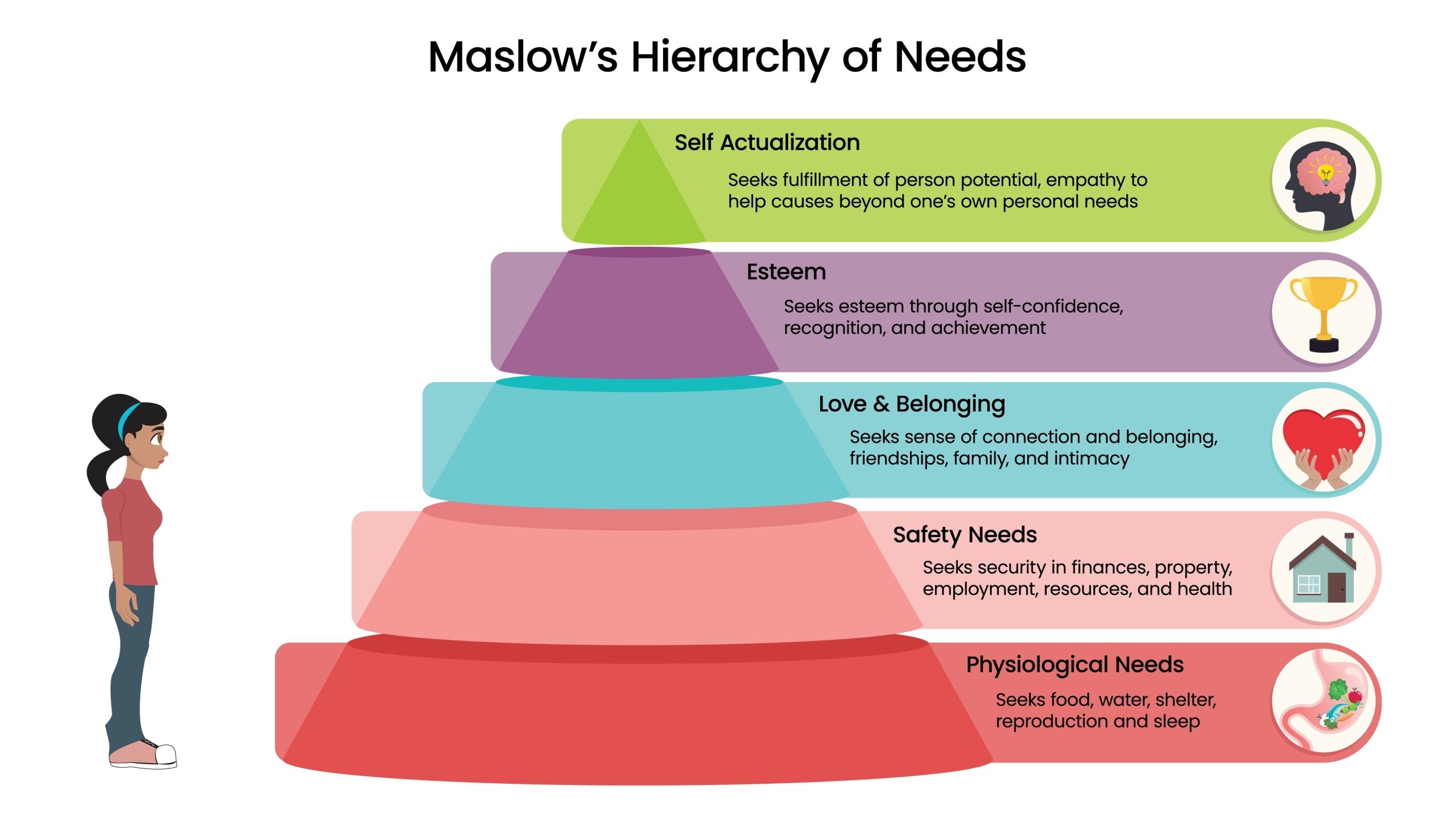In the UK's educational history, certain names stand out. These educational theorists contributed ideas that fundamentally shaped how we teach and learn today. Studying their theories is a great way to understand the core ideas that our schools and universities are built on. For modern teachers, understanding these theories can help give us see the "why" in the ways we teach and offer strategies for guiding students. After all, the impact of the theories influences everything from daily lessons to how we design our curriculums. And beyond the classroom, they help us understand how the work we do fits into the bigger picture of education. By understanding where we've come from, we can make better decisions for our education system's future.
A Brief History of Teaching in the UK
Looking back at the development of educational thought in Britain is like taking a trip through history. It shows us how societal shifts, big events, and key people have shaped how we teach. Understanding this evolution helps us grasp why teaching methods have changed over time. In the beginning, education in Britain was mainly for the church and the upper class, focusing a lot on the classics and religious studies. Then came the Renaissance, which brought new ideas and made education discussions more open to everyone. By the time the Industrial Revolution rolled around in the 19th century, Britain and its educational needs were transforming. Schools started to teach skills needed for new industrial jobs instead of just memorising facts. The impact of two World Wars during the 20th century made us rethink education in a fast-changing society. After the wars, as society and technology kept advancing, our ways of teaching changed, too. Whether it was the cultural shifts of the '60s or the digital boom in the '90s, what happened in society was always reflected in the classroom. The way we think about teaching in the UK isn't just based on educational theories; it also reflects our country's history. Every change in society and every major event has helped shape our education system into what it is today.
Educational Theorists from a Psychology Lens
The great thinkers in educational psychology opened up a world of knowledge and creativity. Each educational theorist below brought their own unique insights from a psychology lens, illustrating how personal growth in learning is intertwined with wider societal and cultural influences. Their contributions all concluded that education is an intensely personal journey shaped by the broader context of our interactions with the world around us.
Jean Piaget - The Architect of Cognitive Stages
Jean Piaget charted a path through the cognitive landscapes of children, proposing that they progress through specific stages of development. Each stage, according to Piaget, brings a distinct way of thinking, positioning children as active participants in their learning journeys. His work laid the groundwork for understanding how children perceive and interact with their world.
Lev Vygotsky - The Social Context of Learning
Lev Vygotsky offered a contrasting lens to Piaget’s theories, focusing on the external forces shaping a child's development. His socio-cultural theory underscored the deep impact of cultural and social contexts on learning. Vygotsky introduced the idea that children’s cognitive growth is significantly influenced by their interactions with more knowledgeable others, weaving the fabric of learning with threads from both the individual’s inner world and their external social environment.
Jerome Bruner - The Spiral Curriculum
Jerome Bruner built upon the foundations laid by Piaget and Vygotsky, proposing the innovative 'Spiral Curriculum'. He believed in a child's limitless potential to grasp complex concepts, given the right support at the right time. Bruner’s vision of education emphasised the active role of learners, who construct knowledge by connecting new ideas to existing ones. Teachers facilitate this process as guides rather than information givers.
Erik Erikson - Identity Through Education
Erik Erikson took a broader view, mapping out the psychosocial stages that span a lifetime. His theory explores the critical conflicts encountered from infancy to old age, such as the early battle between trust and mistrust. Erikson’s perspective enriches our understanding of education as a lifelong process that is not only about acquiring knowledge but also about navigating the complexities of identity and personal growth.

Educational Theorists on Experiential Learning
The UK educational system is steeped in tradition yet open to innovation. It has long been influenced by educational theorists who advocate for a 'learning by doing' approach, the most influential of whom we highlight below.
John Dewey - Experiential Learning
John Dewey reshaped our understanding of education with his firm belief in "learning by doing." He argued that effective education stems from engaging with real-life situations, where students learn through interaction and adaptation to their surroundings. Dewey's approach advocates for an educational system that values hands-on experiences as fundamental to student development.
David Kolb - Structuring the Experience of Learning
David Kolb built on Dewey's foundation with a clear, cyclical model for experiential learning. His four-stage process—engaging directly with experiences, reflecting on these experiences, forming abstract concepts, and testing in new situations—gives educators a robust framework for creating comprehensive and recurring learning experiences. Kolb's approach has become a cornerstone in UK education, guiding the design of programs that effectively link theoretical knowledge with practical application.
Kurt Lewin - Learning Within Groups
Kurt Lewin, while primarily recognised as a psychologist, greatly contributed to our understanding of group dynamics and the learning process within collective settings. His concept of action research, which emphasises the cycle of planning, acting, observing, and reflecting, has deeply influenced teacher training and collaborative learning strategies in the UK. Lewin's theories ensure that both educators and students participate actively and thoughtfully in the educational journey, making learning a shared and reflective process.
Maria Montessori - Child-Centred Learning
Maria Montessori took child-centred education to new heights, highlighting the importance of creating a learning environment that fosters independence and self-directed learning. Her philosophy, embodied in Montessori schools throughout Britain, demonstrates the power of allowing children to explore and learn at their own pace within a carefully designed setting. Montessori and Dewey both celebrated the learner's individuality, albeit through distinctively different methods.

Diverse Learning Styles and Intelligences
In British education, and more widely in life itself, it's evident that no two students are alike. Their innate abilities, preferences, and the ways in which they absorb and process information are as varied as their fingerprints. Recognising this diversity with tailored teaching methods ensures every pupil can thrive. The educational theorists below paved the way for this understanding.
Howard Gardner - Multiple Intelligences
Howard Gardner changed our view of intelligence with his Multiple Intelligences theory. He looked beyond IQ scores to identify different types of intelligence. These range from linguistic to musical, and logical-mathematical to bodily-kinesthetic. Gardner argues for a UK education system that recognises and nurtures every student's talents - an approach that makes learning more inclusive and enriching.
Robert Sternberg - Triarchic Theory of Intelligence
Robert Sternberg created the Triarchic Theory of Intelligence. Viewing intelligence as a mix of analytical, creative, and practical skills, the approach suggests we need more than academic abilities. We also need to think creatively and use knowledge effectively in real-life situations. Sternberg's ideas push UK schools to adopt broader assessment and teaching methods. This approach aims to recognise and develop every student's unique intellectual abilities.
Neil Fleming - The VARK Model
Neil Fleming created the VARK model, where students are sorted by their learning preferences: Visual, Auditory, Read/Write, and Kinesthetic. It helps teachers better understand the way their students learn. Educators can then tailor their teaching to meet students' varied needs. Fleming's model is a key aid for teachers looking to enhance their classroom methods and support each student's learning journey.

Constructivism and Building Knowledge in Context
Constructivism is a foundational principle in modern British educational practice. It centres around the belief that learning is an active, constructive process. Students aren't just passive vessels to be filled with knowledge but active contributors to their understanding.
Seymour Papert - The Pioneer of Constructivism
Seymour Papert, a pioneer in educational thought, gave us the concept of Constructionism. He believed learners benefit most when directly involved in constructing something tangible. This approach extends the idea of "learning by doing" and the value of creative involvement in the learning process. Papert's theory advocates for an educational setting where students engage in hands-on projects, thereby deepening their understanding and retention of knowledge.
Jean Lave and Etienne Wenger - Situated Learning
Jean Lave and Etienne Wenger introduced the concept of Situated Learning, which posits that learning naturally occurs within a social and physical context. They highlighted the importance of 'communities of practice,' where learning is seen as a communal activity. In this model, individuals evolve from newcomers to experienced members through active participation and immersion in real-world activities. Their work underscores the significance of embedding learning within its natural environment, fostering a seamless transition from theory to practice.
Paulo Freire - Critical Pedagogy
Paulo Freire, with his roots in Brazilian education reform, has profoundly influenced educational philosophy globally, including in the UK. His Critical Pedagogy challenges the conventional "banking" approach to education, where knowledge is simply deposited into students. Instead, Freire envisioned a classroom dynamic that is dialogical and democratic, encouraging learners to question and critically engage with the content. His methods transform the educational space into a vibrant discussion and critical reflection forum, empowering students to be active agents in their own learning and societal change.

Holistic and Humanistic Theories of Learning
The educational journey isn't solely about academic achievements, it's also about nurturing the individual. Holistic and humanistic theories allow us to see education through a lens that values personal growth, emotional well-being, and the creation of environments where learners thrive both academically and as human beings.
Carl Rogers - Student-Centred Learning
Carl Rogers was a key psychologist from the United States. His ideas have greatly influenced UK education through his support for student-centred learning. Rogers believed in the natural human desire for growth and thought this desire should drive education. He saw classrooms as places where students lead their learning. In this setup, teachers guide rather than just give information. Rogers' method values student experience and independence, changing the teacher's role to facilitator.
Abraham Maslow - Understanding Motivation in Education
Abraham Maslow is widely known for creating the Hierarchy of Needs. He also made important contributions to how we understand learning. His theory shows a series of needs, ending in self-actualisation, an idea that offers insights into what motivates students and how to support their well-being. Maslow’s work suggests meeting students' basic and emotional needs is crucial for them to achieve their best. This has led to a more caring and personalised way of teaching in UK schools, highlighting the need for a supportive learning atmosphere.

Sociocultural Theories and Broader Contexts
Beyond the confines of the classroom, sociocultural theories shed light on society and its influence on educational experiences, illuminating the sometimes invisible norms that impact teaching and learning.
Pierre Bourdieu - Exploring Cultural Capital in Education
Pierre Bourdieu's concept of 'cultural capital' has echoed through educational discourse in the UK, shedding light on the non-material assets students bring into the classroom. Bourdieu prompts us to consider how language, knowledge, and cultural experiences shape educational success. By acknowledging the value of cultural capital, teachers can more effectively address disparities in achievement and work towards a more equitable educational environment.
Basil Bernstein - Language Codes Shaping Education
Basil Bernstein, a leading British educational theorist, explored the interplay between language and education. His work on the 'elaborated' and 'restricted' codes in language transmission highlights the impact of linguistic styles on learning. His work encourages UK educators to be mindful of the varied linguistic realities students inhabit, advocating for teaching practices that make learning accessible and inclusive for all.
In Summary
Educational theorists such as Piaget, Vygotsky and Dewey might have hailed from different corners of the globe, but their ideas have found a comfortable home in British classrooms. The ideas from the past have built the classrooms of today, and having a good understanding of educational theory can offer helpful insights for today’s educators. These theories don’t just live in textbooks. They’re alive in the methods we use every day. Gardner’s multiple intelligences theory has made our teaching more personalised, while constructivist ideas have shaped our problem-solving tasks. Education is, by its very nature, dynamic. And, as society evolves, so too does our approach to teaching and learning. Our classrooms have moved beyond a one-size-fits-all model, which allows us to blend the best of different theories to plan lessons, design courses, and support our students in the best way possible. Whether you're blending Piaget’s stages of cognitive development with Vygotsky’s focus on social learning or mixing Dewey’s hands-on approach with Montessori’s student-led explorations, you're standing on the shoulders of the giants who paved the way. Learn more about educational theories in our resources section, or explore our great range of CPD courses for teachers.
Recommended Reading & Resources
- The Process of Education by Jerome Bruner. A pioneering exploration of the essence of education, Bruner's thoughts on curriculum development and the process of learning remain seminal.
- Mind in Society: The Development of Higher Psychological Processes by Lev Vygotsky. This work looks at the role social interaction plays in the development of cognition.
- Experience And Education by John Dewey. Dewey underscores the importance of experiential learning and its relevance in education
- Frames of Mind: The Theory of Multiple Intelligences by Howard Gardner. Gardner's groundbreaking theory on humans' varied intelligence and its profound educational implications.
- Pedagogy of the Oppressed by Paulo Freire. A seminal text in critical pedagogy, this book offers a deep dive into the relationship between teacher, student, and society.
- Beyond Freedom and Dignity by B.F. Skinner. Skinner discusses the implications of operant conditioning and behaviourist theory for human freedom and dignity.
- Cultural Reproduction and Social Reproduction by Pierre Bourdieu. Bourdieu explores how cultural capital affects educational outcomes and the reproduction of social classes.
- Class, Codes and Control by Basil Bernstein. A deep dive into how language patterns within education (codes) are influenced by and reflect societal structures.

